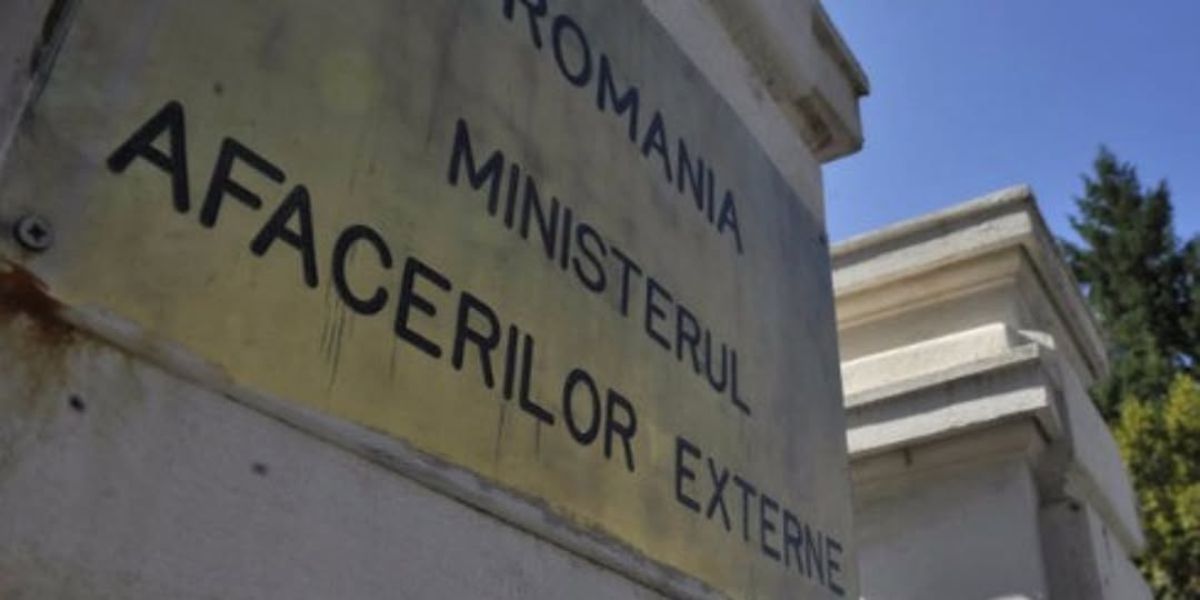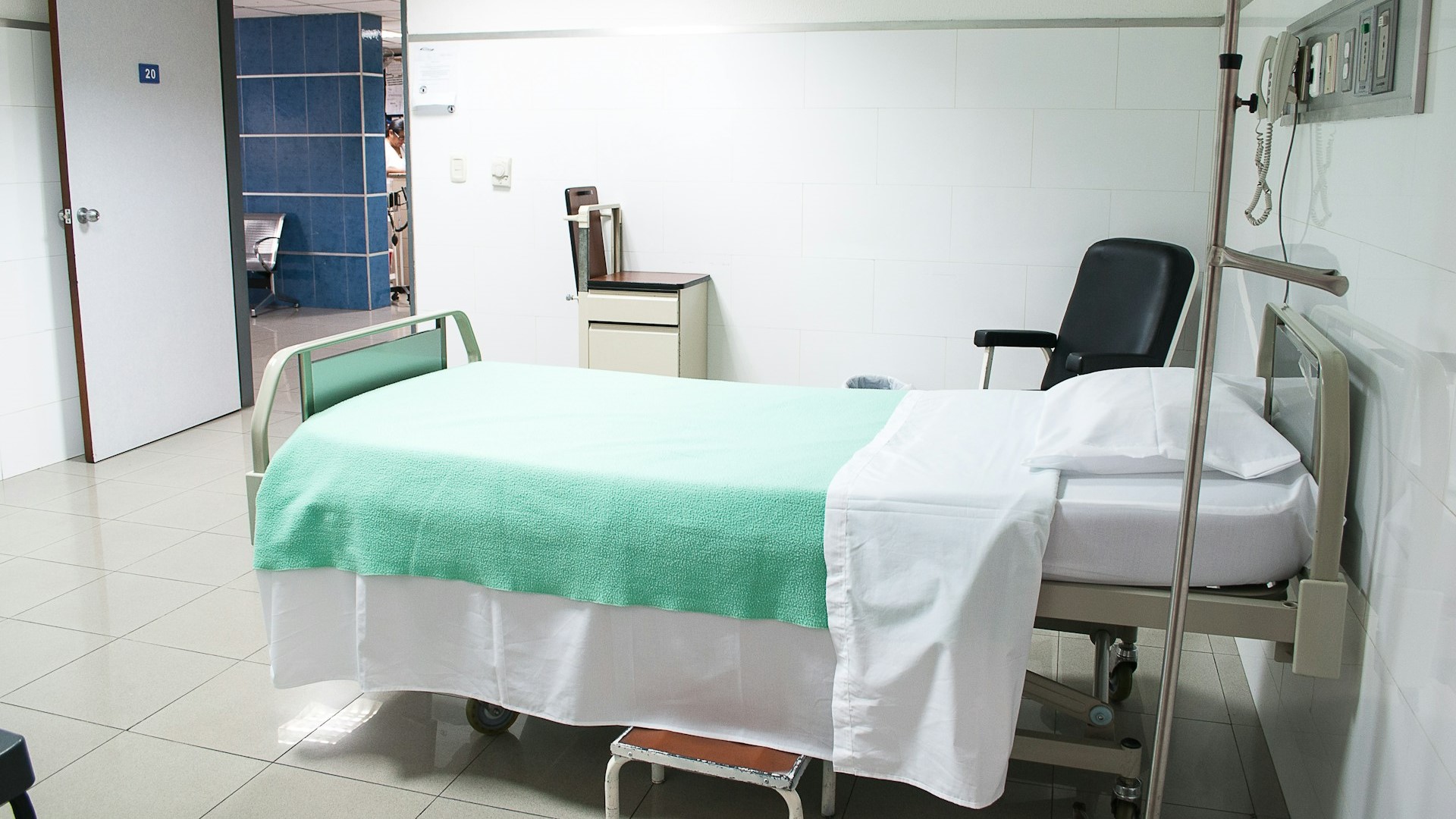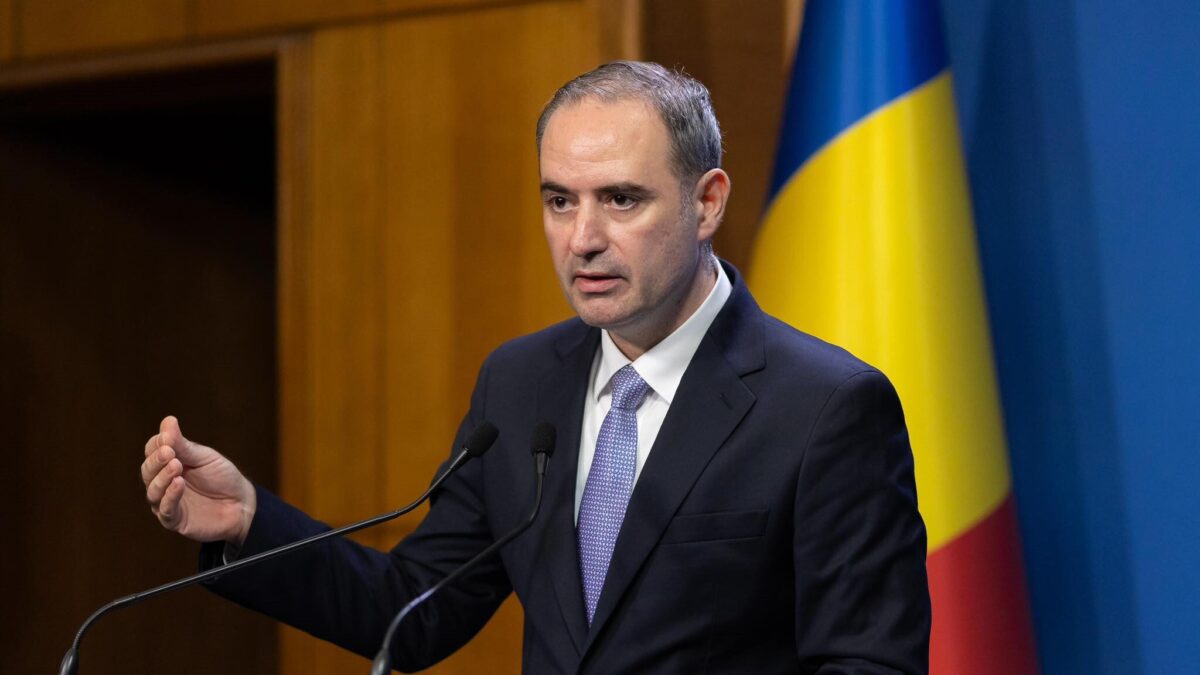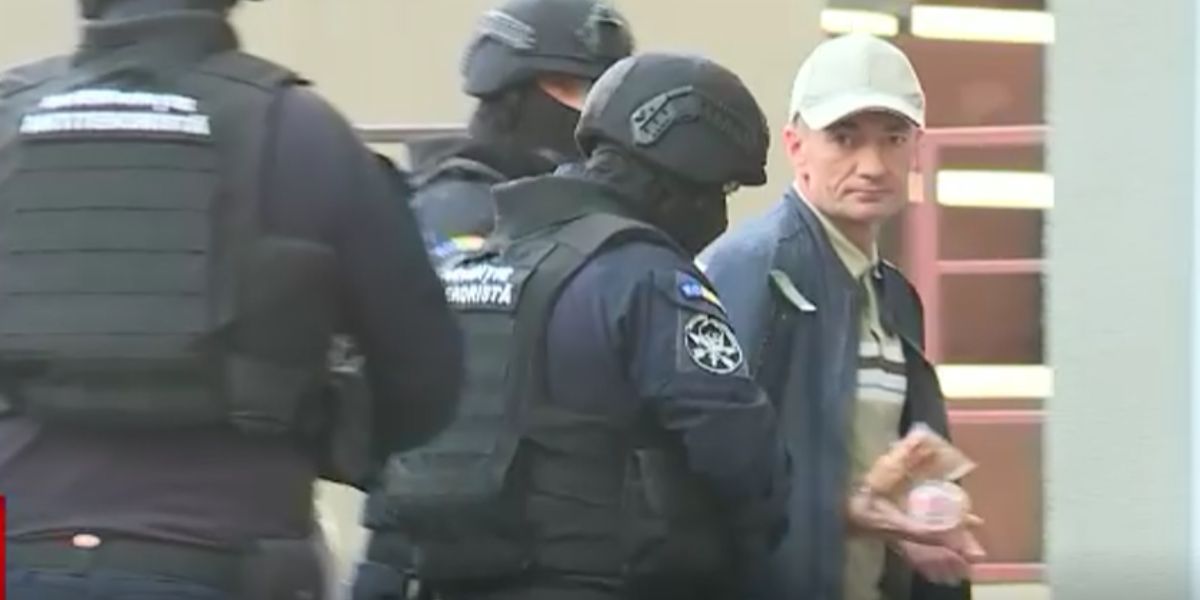The European Parliament’s recent decisions show that immunity for MEPs depends more on political interests than on prosecutors’ investigations, raising questions about Diana Șoșoacă’s chances.
Unaffiliated MEP Diana Șoșoacă is accused by Romania’s General Prosecutor’s Office of several serious crimes, but she enjoys immunity granted by the European Parliament (EP). Just a few days ago, the European Parliament showed that it does not give in easily to investigations and protects its members, but only on the basis of political affiliation. The situation in the EU shows that decisions on immunity depend more on political games than on prosecutors’ investigations.
How the immunity of MEPs is lifted
The Romanian General Prosecutor’s Office has announced that it has sent a request to the European Parliament to lift immunity. The President of the European Parliament must announce this request in plenary and then send it to the Committee on Legal Affairs (JURI) for review.
The JURI Committee has 25 members, with Victor Negrescu representing Romania. The Committee may request any information from Romanian prosecutors, and Diana Șoșoacă will have the opportunity to defend her immunity.
The JURI Committee adopts, behind closed doors and by secret ballot, a recommendation to approve or reject the request to waive immunity. However, the final and decisive vote will be cast in the plenary session of the EP, where MEPs can take into account or reject the JURI Committee’s recommendation.
Salis v. Orban
The European Parliament has a complicated relationship with the judicial authorities and does not give in so easily to prosecutors’ requests. Often, the vote does not take into account the charges, but rather political interests.
Just a few days ago, the JURI Committee decided to reject the request by Hungarian prosecutors to lift the immunity of Italian MEP Ilaria Salis, who is under investigation for assaulting several people. In 2023, she was arrested in Hungary for causing injuries that could have endangered the lives of three people. Following political pressure, Hungary released her and Salis became an MEP in 2024 precisely to obtain immunity.
The JURI Committee decided by 13 votes (out of 25) to uphold Salis’ immunity. There were 12 votes in favor of lifting immunity, which is a sign that Salis will face a tough time in the EP. The current majority formed by the European People’s Party (EPP), Social Democrats (SD), and Renew has 17 members in the JURI Committee, but Ilaria Salis is part of the „Left” group. Even though the „Left” group is not part of the parliamentary majority, Salis was saved because she is an opponent of Viktor Orban, and Hungary has numerous problems with the European Commission and the European Parliament.
The Hungarian government reacted very harshly after this vote and accused Salis of terrorism. Prime Minister Viktor Orban announced that Antifa would be declared a terrorist organization, and that Ilaria Salis is part of this group.
„It is incomprehensible and scandalous that the European Parliament is giving legitimacy to far-left terrorism. Salis and her associates went to Hungary with the aim of randomly attacking people on the street because of their political beliefs. This is not a political issue, but one of terrorism,” said the spokesperson for the Budapest government.
Piperea (AUR): „The vote is politicized”
On the same day that Salis was voted on, there were four other requests to lift immunity. The vote in the JURI Committee shows that it was a political vote, without taking into account the prosecutors’ accusations. Salis, from the „Left” group, was saved, as were a Social Democrat MEP and an EPP MEP. Immunity was only withdrawn for two conservative MEPs, who do not have a majority in the JURI Committee.
MEP AUR Gheorge Piperea is an alternate member of the JURI Committee and believes that the vote is a political one and that Viktor Orban’s opponents are being protected from prosecutors’ investigations. The Romanian MEP commented on the vote a few days ago in the JURI Committee and pointed out that political decisions are what determine the immunity of MEPs.
„There were two requests to lift parliamentary immunity, one against a Hungarian opponent of Viktor Orban and the other against an Italian woman who was accused in Hungary of terrorism, if I am not mistaken, as a member of ANTIFA. These requests to lift parliamentary immunity were rejected. So yes, from this point of view, the issue is politicized. (ed. They are protected from prosecution) MEPs who are opponents of our more rebellious brothers. Don’t get me wrong, I’m not turning into an Orban fan, because I’m not,” Piperea told PS News.
The Romanian MEP refused to comment on the Diana Șoșoacă case, stating that the vote is secret. The JURI Committee decides both by secret ballot and in a closed-door meeting. The Committee’s discussions remain confidential.
What are Diana Șoșoacă’s chances?
Diana Șoșoacă has no friends in the EP and has been involved in several scandals, including against Ursula von der Leyen. Her chances of retaining her parliamentary immunity are minimal, given that the JURI Committee is controlled by the EPP, SD, and Renew majority. As MEP Gheorghe Piperea pointed out, the vote is a political one and depends on discussions within the parliamentary majority.
Diana Șoșoacă faces 11 charges in Romania:
- 4 counts of unlawful deprivation of liberty, under Article 205(1) of the Criminal Code;
- 4 offenses of publicly promoting the cult of persons convicted of crimes of genocide against humanity and war crimes, as well as the act of publicly promoting fascist, legionary, racist, or xenophobic ideas, concepts, or doctrines, as provided for in Article 5 of Government Emergency Ordinance No. 31/2002;
- publicly promoting, in any way, anti-Semitic ideas, concepts, or doctrines, as provided for in Article 3 of Law No. 157/2018 on certain measures to prevent and combat anti-Semitism;
- denying, contesting, approving, justifying, or minimising in any way, in public, the Holocaust or its effects, as provided for in Article 6(1) of Government Emergency Ordinance No. 31 of 2002;
- insult, as provided for in Article 257(1) and (4) of the Criminal Code.
Autor
Urmărește știrile PSNews.ro și pe Google News
















